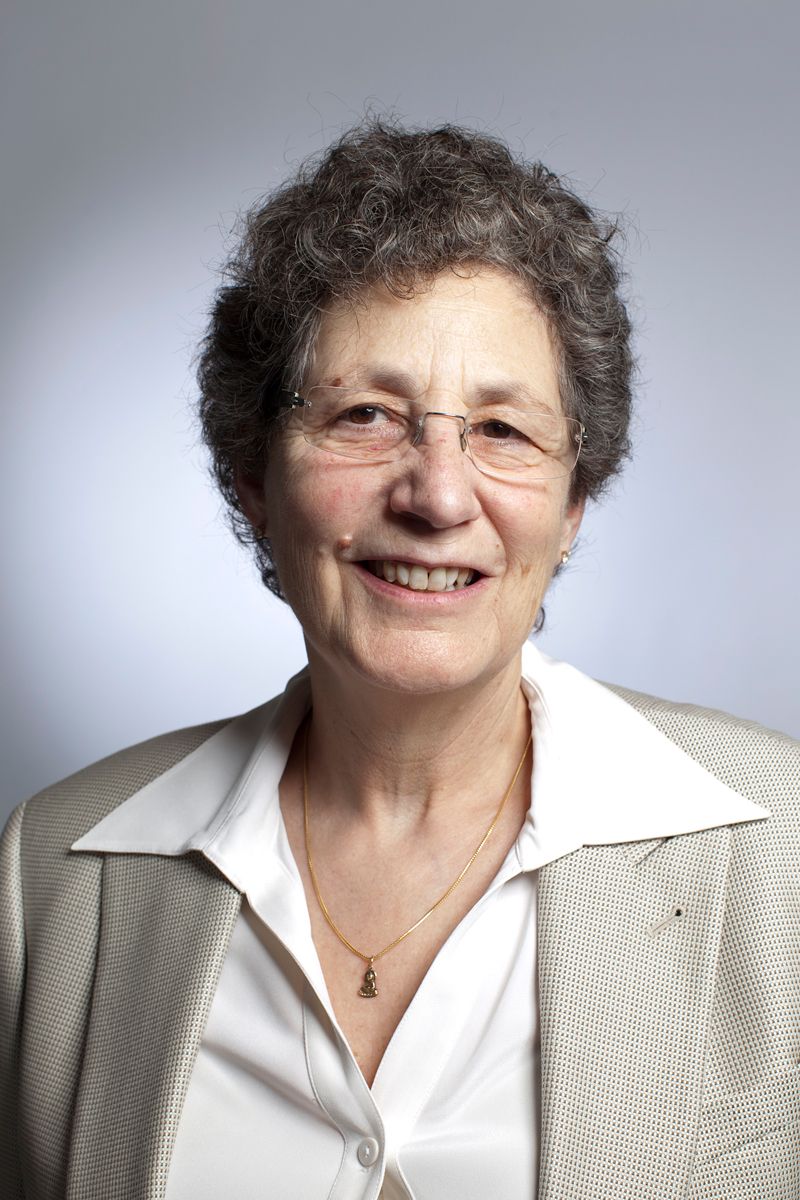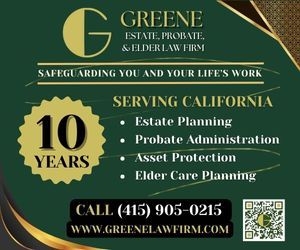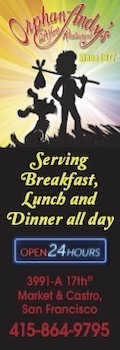Healing the Wounded AIDS Warrior: An Interview with Tez Anderson
 This is not a time for inaction in our fight against HIV/AIDS. As Tez Anderson told me during a recent interview, “We need to start planning for the next 20 years.” Anderson is the visionary co-founder of Let’s Kick ASS. He launched this grassroots organization for long-term AIDS survivors in 2012. Let’s Kick ASS’s mission is to respect and acknowledge the individual and collective experience of living in the time of the AIDS epidemic, and to build a life-affirming community that reconnects survivors with each other while supporting their dreams and desires for a full and meaningful future.
This is not a time for inaction in our fight against HIV/AIDS. As Tez Anderson told me during a recent interview, “We need to start planning for the next 20 years.” Anderson is the visionary co-founder of Let’s Kick ASS. He launched this grassroots organization for long-term AIDS survivors in 2012. Let’s Kick ASS’s mission is to respect and acknowledge the individual and collective experience of living in the time of the AIDS epidemic, and to build a life-affirming community that reconnects survivors with each other while supporting their dreams and desires for a full and meaningful future.
In the early days of the epidemic, a diagnosis equaled death. There were no effective treatments. Friends and loved ones passed away. Funerals became commonplace. Death was ever present. In the darkest days of the epidemic, and for many years to follow, it was hard to envision the future and even harder still to think about aging at all. It would take a decade and more before a successful multiple drug intervention was introduced to delay the progress of the disease and increase life expectancy of HIV patients.
Anderson, a long-term AIDS survivor himself, struggled for more than two decades with depression, anger, anxiety, hopelessness and survivors’ guilt. Then one day he saw a TV program about an Iraqi War vet with Post Traumatic Stress Disorder. The symptoms were all too familiar. Anderson had never had a name for it before: trauma, a cluster of symptoms that had left him frozen in time. He understood too well that health care professionals were focused on the individual symptoms but did not address or treat the underlying trauma.
Anderson gave it a name, AIDS Survivor Syndrome, and co-founded Let’s Kick ASS to help people heal. That is just what his organization is doing.
 Most long-term survivors are now at midlife or older. Many are aging with HIV. Anderson’s organization brings survivors together to share their stories, to weave a new or renewed community of friends, and to envision and plan for a healthy vibrant later life. There are now over 1000 members that participate in weekly groups and attend town hall meetings.
Most long-term survivors are now at midlife or older. Many are aging with HIV. Anderson’s organization brings survivors together to share their stories, to weave a new or renewed community of friends, and to envision and plan for a healthy vibrant later life. There are now over 1000 members that participate in weekly groups and attend town hall meetings.
Anderson walks the talk. “I serocoverted in 1983, but I didn’t know it until I moved to San Francisco in 1986,” he shared. “The doctor said to me, ‘You will be dead in 18 months.’ I thought, ‘I am 26, I will be dead before I am 30.’ Life meant dying as well as I could. I prepared everyone around me for my death. I made it as easy as possible for my friends.”
“In the beginning, everyone around me was dying,” he continued. “It was a very trying time, but also very purposeful. We had a purpose keeping everyone as alive as possible. I was slow coming to grips with the possibility that I might survive. I could talk the talk as a survivor, but I never really internalized I would live.”
As antiretroviral therapies began to emerge in the late 80s, the dire situation began to turn around for the better for some, but clearly not for all. In 1988, for example, Anderson met and fell in love with a man named Gary, who passed away from HIV/AIDS complications in 1999. “So my reality,” Anderson says, “was that people were still dying.” A divide seemed to be established that continues to this day. “We hear about the end of AIDS, which is very well intended. But for the generation I belong to, we went through a war together. Just because the war is over doesn’t mean it has ended for us. We still need to heal and to optimize our lives.”
After Gary’s death, Anderson was depressed, angry and could not sleep. “I was in and out of therapy for 20 years,” he said, “but not one of my therapists ever said the word ‘trauma.’ Depression, anger, anxiety and isolation are all symptoms of AIDS Survivor Syndrome.” He continued, “The fact is that many of us early survivors are traumatized, regardless of HIV status. The mental health community failed survivors by failing to identify this syndrome. I had to piece this together myself. When I discovered how healing this is I started Let’s Kick ASS to help others reclaim their lives.”
Anderson outlined some of the present challenges:
Help people reclaim their lives. We need to help people imagine a future and a life they never thought they would have. We must start planning for the next 20 years. We have the opportunity to heal wounded AIDS warriors and to better the lives of others and ourselves. This is our greatest challenge and greatest opportunity.
Work to combat poverty. Many members of our community are on disability and have restricted incomes.
Identify how HIV/AIDS impacts other health issues and aging. He explained that it is often difficult to tease out if health problems are due to HIV, aging or something else.
Fight ageism. As he said, “We have a culture that doesn’t respect older people. We are old and should be treated with respect. When you see an older LGBT person on the street, smile at them. Acknowledge us. But this is a two way street. Act like you deserve respect and you will get respect.”
The good news is that much is already happening to meet these and additional related goals. Anderson supports the work of The LGBT Aging Policy Task Force in identifying housing and services needs. He said, “We are creating a coalition of existing organizations that serve the older LGBT population to work with our community. We are developing our own agenda about what works for us. I hope people will support us. We have a lot to show the world concerning what we know about surviving.”
A way you can help in the effort is by attending the event “One Year Later: Setting A Grassroots Long-Term Survival Agenda,” which will be held on September 25 from 7–9 pm at the San Francisco LGBT Center. For tickets and more information, please go to LetsKickASS.org or go to https://lka-setting-the-agenda.eventbrite.com
Dr. Marcy Adelman, a clinical psychologist in private practice, is co-founder of the non-profit organization Openhouse and is a member of the San Francisco LGBT Aging Policy Task Force.








Recent Comments